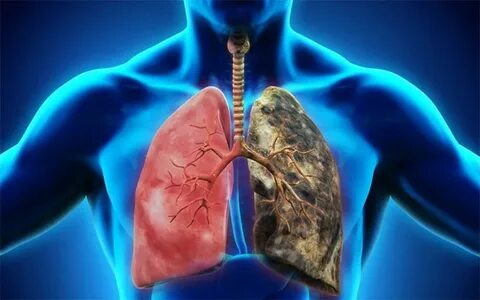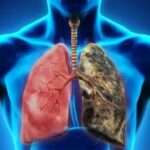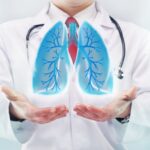
Our lungs play a crucial role in our overall health, allowing us to breathe and absorb oxygen essential for survival. However, various factors can lead to the development of lung disorders, impacting our respiratory function and quality of life. In this blog post, we will delve into the top causes of common lung disorders, shedding light on the factors that contribute to their onset and progression.
Understanding Common Lung Disorders: Lung disorders encompass a wide range of conditions that affect the respiratory system, including chronic obstructive pulmonary disease (COPD), asthma, pneumonia, lung cancer, and bronchitis. While each disorder has its unique characteristics, they share common risk factors and causes that contribute to their development.
Top Causes of Common Lung Disorders:
- Smoking: Tobacco smoke contains harmful chemicals that can damage the lungs and increase the risk of developing various respiratory conditions, including COPD, lung cancer, and chronic bronchitis. Smoking is one of the leading causes of preventable death worldwide, highlighting the importance of tobacco cessation efforts in promoting lung health.
- Environmental Pollution: Exposure to air pollutants such as particulate matter, ozone, nitrogen dioxide, and sulfur dioxide can irritate the airways and trigger inflammation in the lungs, leading to respiratory disorders such as asthma and COPD. Indoor air pollutants, including secondhand smoke, household chemicals, and mold, can also contribute to lung damage and exacerbate existing respiratory conditions.
- Occupational Hazards: Certain occupations expose individuals to hazardous substances and airborne pollutants that can damage the lungs over time. Workers in industries such as mining, construction, agriculture, manufacturing, and healthcare may be at risk of developing occupational lung diseases, including pneumoconiosis, asbestos-related lung diseases, and occupational asthma.
- Genetics: Some lung disorders have a genetic component, meaning they can run in families or be inherited from parents. Conditions such as alpha-1 antitrypsin deficiency, cystic fibrosis, and hereditary pulmonary fibrosis are examples of genetic lung disorders that can affect respiratory function and require specialized medical care.
- Respiratory Infections: Viral, bacterial, and fungal infections can affect the respiratory system and cause lung disorders such as pneumonia, bronchitis, and tuberculosis. These infections can damage lung tissue, impair breathing, and lead to long-term respiratory complications if left untreated.
Prevention and Management: Preventing lung disorders involves adopting healthy lifestyle habits and minimizing exposure to known risk factors. Strategies for maintaining lung health include:
- Minimizing exposure to outdoor and indoor air pollutants
- Using protective equipment in occupational settings to prevent exposure to harmful substances
- Seeking early medical intervention for respiratory infections and receiving recommended vaccinations
- Following a balanced diet rich in fruits, vegetables, and whole grains to support overall health and immune function
- Stop smoking and avoid breathing in secondhand smoke
For individuals already living with lung disorders, effective management strategies may include medication, pulmonary rehabilitation, oxygen therapy, and lifestyle modifications to alleviate symptoms, improve lung function, and enhance quality of life.
Summary:
Understanding the top causes of common lung disorders is essential for promoting respiratory health and preventing the onset of debilitating respiratory conditions. Dr. Yogesh Agrawal, is the best Pulmonologist in Thergaon, Pune, specializes in the diagnosis and management of lung disorders, offering expert care and support to individuals seeking to breathe easy and maintain optimal lung function. By addressing modifiable risk factors and adopting preventive measures, we can protect our lungs and enjoy a healthier, more fulfilling life.




